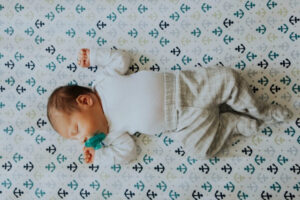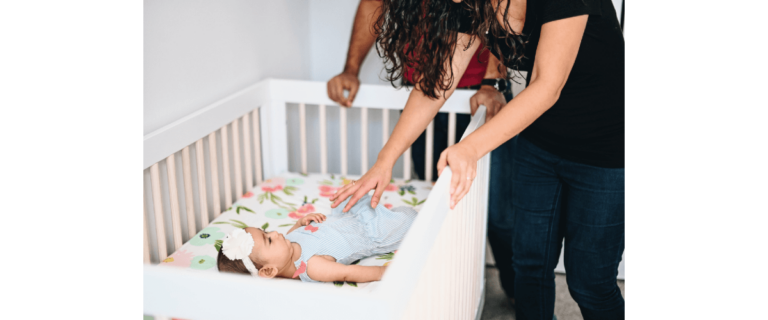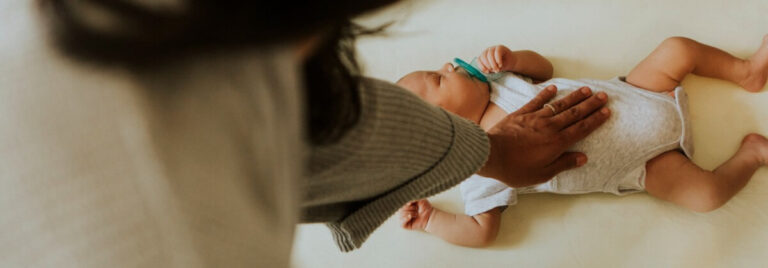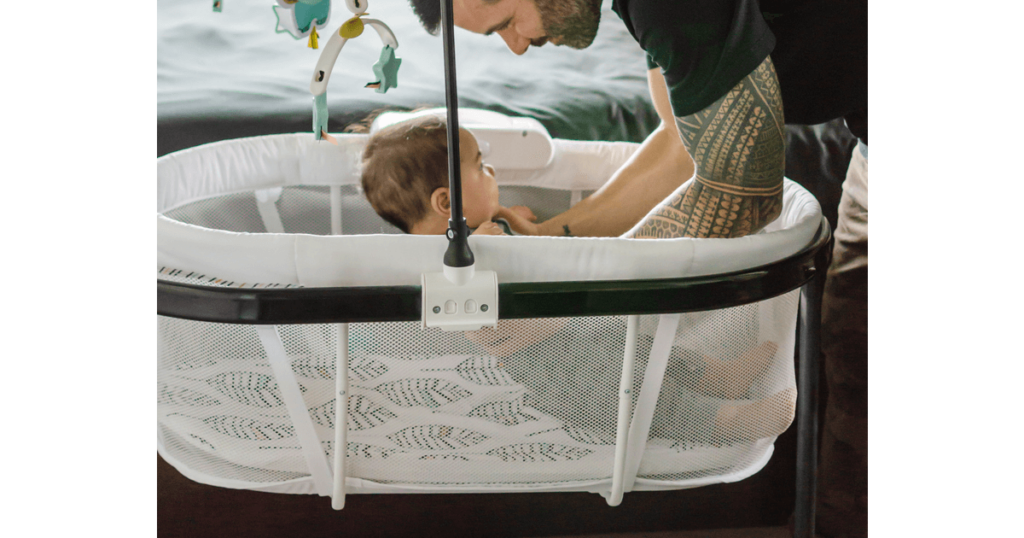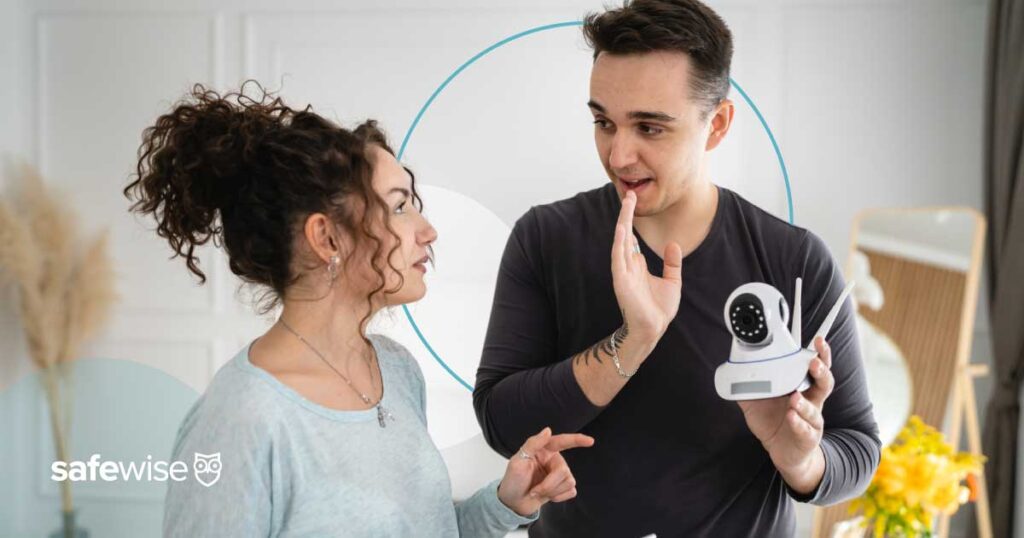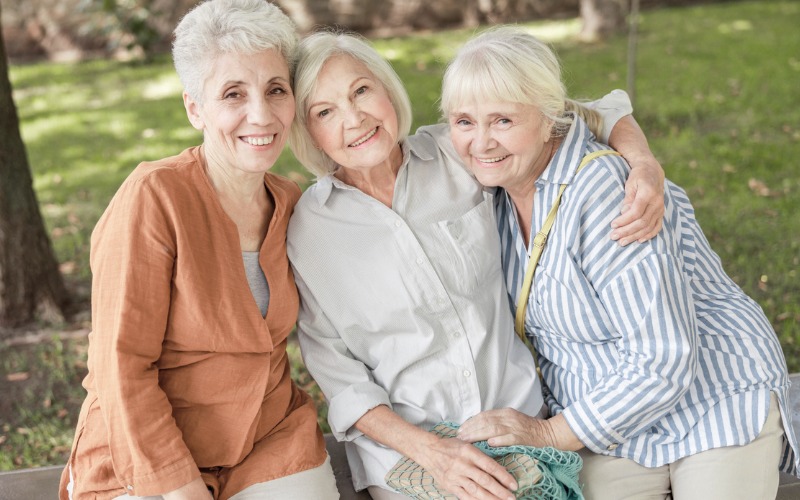Suffocation or strangulation in bed is the leading cause of unintentional injury-related death among children younger than 1, and it's happening to an increasing number of babies each year. The CDC documented 390 incidents (40% of unintentional injury-related deaths) in 2001 and 905 (nearly 76%) in 2020.1 The rate of non-fatal suffocation-related emergency department visits among this age group doubled over the same period.2
The Consumer Product and Safety Commission (CPSC) investigated the cause of these injuries and deaths. Drop-side cribs, crib bumpers, and inclined sleepers have been banned in the U.S. as a result.
But there’s more to crib safety than just avoiding three products. We explain the latest crib safety standards and infant sleep guidelines below.


